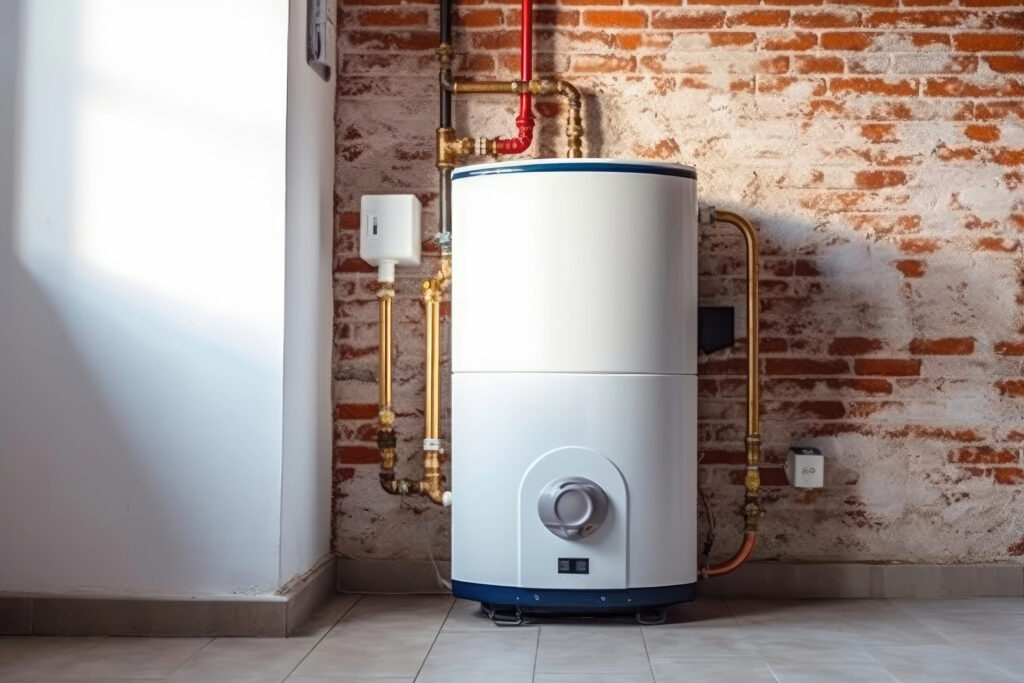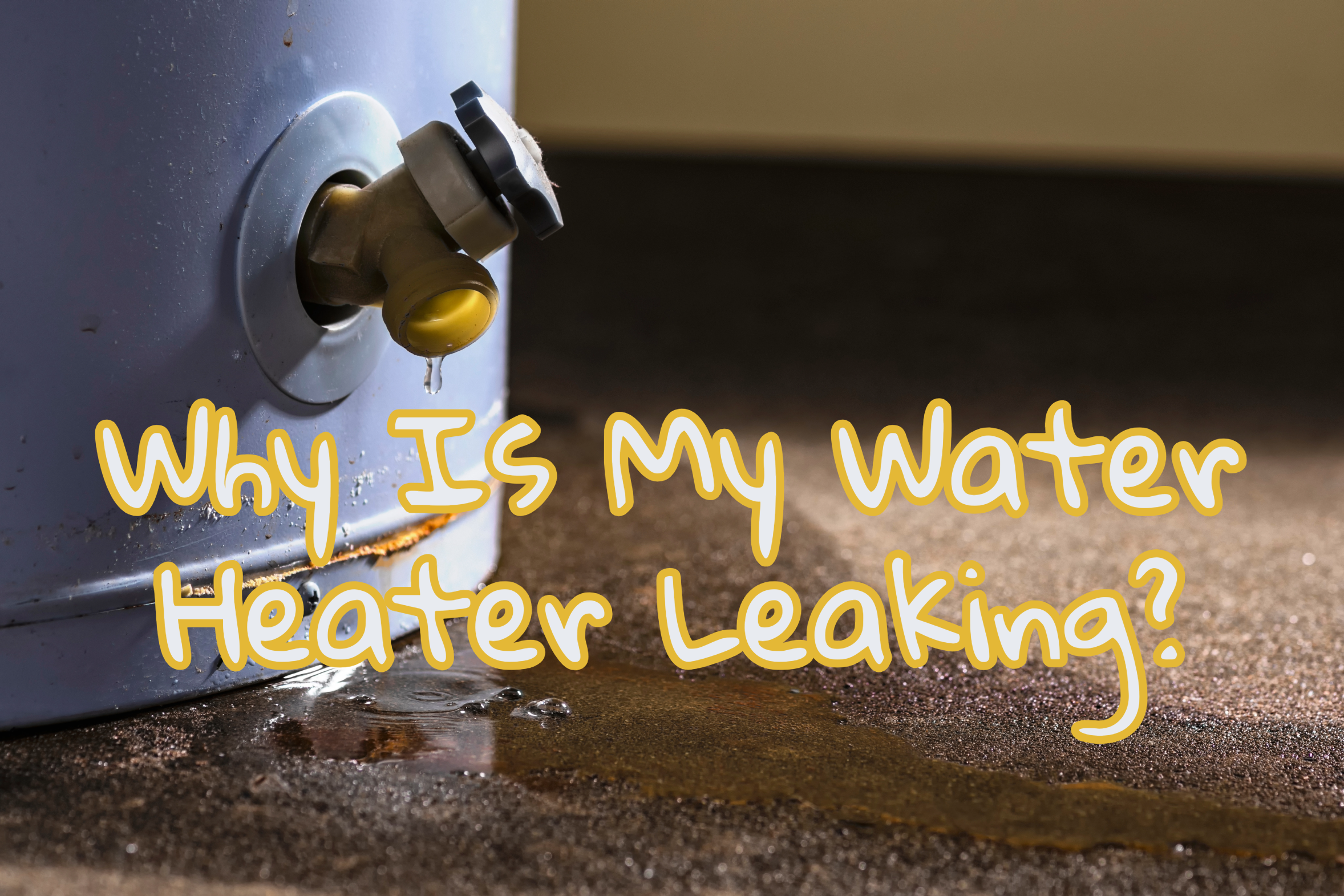A dripping water heater can pose significant concerns for homeowners, not only spiking your utility bills but also potentially causing substantial water damage to your home. At Miamisburg Plumbing & Drain, our experts are here to guide you through understanding why your water heater may be leaking and the solutions available to you.
Before we delve in, please note the following: It is crucial to switch off your unit before conducting any troubleshooting activities. Ensuring your safety is our top priority!

Problem Number 1: Check for Unsteady Cold or Hot Water Inlet and Outlet ConnectionS
One common cause of water heater leaks is an insecure connection between the cold or hot water inlet and outlet pipes. These connections can become unsteady due to varying temperatures and consistent use. When these connections are not secure, leaks may occur, which may lead to a small puddle around the heater base or a slow drip from the pipes.
To determine if these connections are the issue, examine them at the top of your water heater. If there’s water around these areas, they could be the culprits. Tightening them with a wrench might solve the problem, but please remember not to overtighten them and potentially cause further damage.
Problem Number 2: Check for a Failing Pressure Relief Valve
Another potential issue is a faulty pressure relief valve designed to discharge excess pressure from the tank. If it malfunctions, it can lead to water leakage. Then this could create a hazardous situation, indicating the tank is under too much pressure and risking a potential burst. So, if you notice any signs of a malfunction, it’s crucial to address them promptly to ensure safety and prevent damage.
To determine if this valve is the problematic source, gently lift the valve’s lever. If water emerges, the valve is functioning properly. However, if it continues to leak after release, you may need to consider replacing it.
Problem Number 3: Check for a Loose Temperature & Pressure Relief Valve
The temperature & pressure (T&P) relief valve, much like the pressure relief valve, can lead to water heater leaks if it’s defective or loose. A leaking T&P valve may indicate that the water’s temperature is excessively high or that the tank pressure is too elevated. Both conditions pose significant risks and necessitate immediate attention.
If you suspect the T&P valve is the issue, check for water around the valve. If it’s damp, a replacement may be necessary.
Problem Number 4: Check for a Dripping Inlet Valve
The inlet valve, responsible for directing cold water into the water heater, could be another potential source of leaks if impaired or inadequately sealed. If the inlet valve is leaking, it can lead to water accumulating around the heater’s base. You might notice a consistent drip or a minor water stream from the valve area.
To resolve this issue, inspect the inlet valve for any damage or wear. You might need to tighten or replace the valve to ensure optimal performance.

Seek the Assistance of a Professional Plumber:
If you’ve exhausted all the above troubleshooting steps and your water heater continues to leak, it’s time to call a professional plumber. Our experts can handle even the most intricate or hazardous issues, ensuring your safety and peace of mind. From precise diagnosis to sustainable solutions—whether replacing parts or suggesting a new water heater—we are here for you! Don’t hesitate to reach out to us!
Ignoring a dripping water heater can lead to significant stress and damage if not promptly addressed. By understanding common causes and following troubleshooting steps, you can often identify and resolve many issues independently. However, should the problem persist, please give us a call. Ensuring your water heater’s optimal functioning will prevent more serious complications down the line, as always being proactive is essential!
Our team of experts is always ready to help you keep your home safe and comfortable. Call Miamisburg Plumbing & Drain today at (937) 705-0297, or schedule an appointment online now by clicking here!

